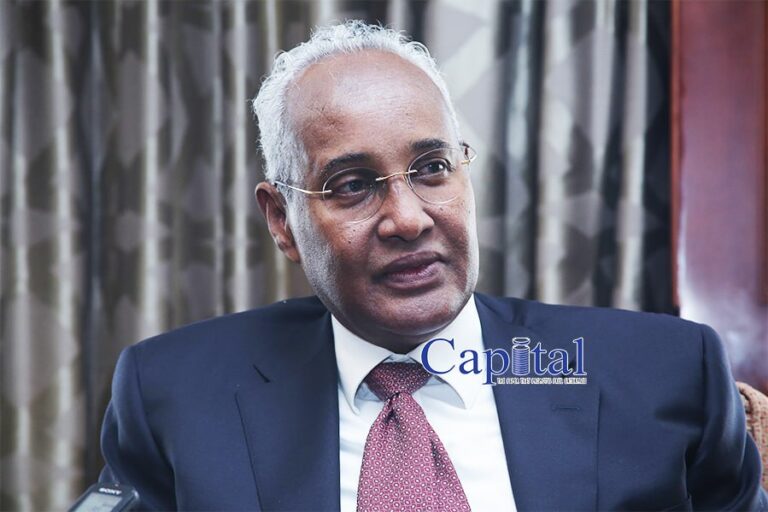Once upon a time, we prided ourselves on our perceived moral superiority, casting judgment on the corruption plaguing other African nations. However, the harsh truth has emerged: Ethiopia, once hailed as a bastion of integrity, now stands as one of the most corrupt countries on the continent, particularly concerning foreign investments. This realization is a bitter pill to swallow, highlighting a disturbing trend where corruption has infiltrated the highest echelons of power, turning promises of progress into hollow echoes of disappointment.
Foreign investors, initially drawn by Ethiopia’s potential, are now disillusioned and disheartened by the pervasive culture of bribery and extortion orchestrated by regional officials. Many are contemplating abandoning their investments and fleeing the country, while others have already packed their bags after being coerced into paying exorbitant sums. As these vital investments flee, Ethiopia’s economic prospects dim, leaving its already fragile economy teetering on the edge of collapse.
The repercussions of this exodus are dire. With each departing investment, job opportunities vanish, exacerbating the plight of ordinary Ethiopians struggling to make ends meet. The economy, already weakened by years of mismanagement and war, faces further turmoil, threatening the stability of the entire nation.
In the face of this mounting crisis, the government’s response has been sorely inadequate. Despite lofty pledges to tackle corruption head-on, tangible progress remains elusive. Corruption continues to flourish, unchecked and unpunished, while those in power turn a blind eye to the suffering of their own people.
The pervasive nature of corruption in Ethiopia takes various insidious forms, from clientelism and kleptocracy to the outright capture of state institutions. Despite the existence of anti-corruption laws, their enforcement is woefully lacking, thanks to the executive’s undue influence over the judiciary and legislature. This tight grip on power creates a climate of impunity where corrupt officials operate with impunity, shielded from accountability by their political connections.
Moreover, corruption in Ethiopia is not just a matter of financial malfeasance; it is intrinsically linked to widespread human rights abuses. The normalization of bribery and other corrupt practices has corroded the integrity of public services, rendering them inaccessible to ordinary citizens without greasing the palms of corrupt officials. This toxic environment perpetuates inequality and erodes public trust in the government’s ability to serve the interests of the people.
While the government pays lip service to anti-corruption efforts, the lack of tangible progress speaks volumes. Merely pledging to combat corruption is not enough; what is needed is concrete action backed by genuine political will. This requires investing in robust institutions tasked with fighting corruption, ensuring their independence from political interference, and providing them with the resources they need to carry out their mandate effectively.
The time for empty promises and half-hearted measures is over. If Ethiopia is to have any hope of salvaging its economy and restoring faith in its institutions, decisive action must be taken to root out corruption at its core. This means holding corrupt officials accountable, strengthening institutions tasked with fighting corruption, and fostering a culture of transparency and integrity.
Furthermore, combating corruption necessitates a holistic approach that tackles the root causes of corruption, including societal norms and attitudes. It is not enough to pass laws and establish anti-corruption agencies; there must also be a concerted effort to cultivate a culture of integrity and ethical behavior at all levels of society. This requires leadership by example, with government officials held to the highest standards of transparency and accountability.
The road ahead in the fight against corruption may be fraught with challenges, but it is a battle that Ethiopia cannot afford to lose. The future of the country and the well-being of its citizens depend on rooting out corruption and building a more just and equitable society. This requires unwavering commitment, transparency, and accountability from both the government and the people. Only through collective action can Ethiopia hope to overcome the scourge of corruption and pave the way for a brighter future for all its citizens.





